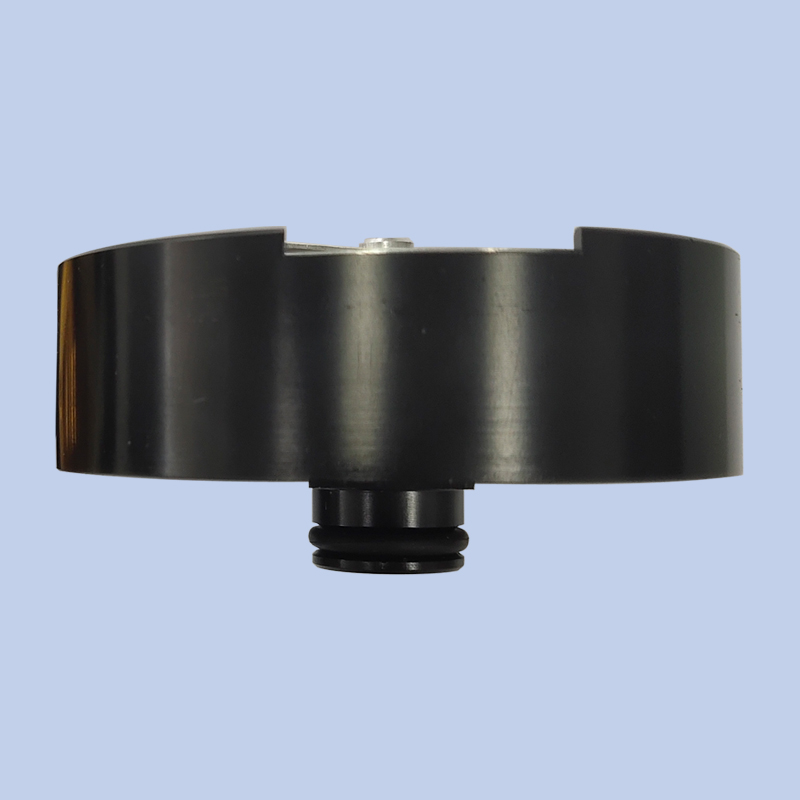
8월 . 15, 2024 03:16 Back to list
Exploring the Precision and Performance of Differential Pressure Gauge Accuracy Measurement Solutions
Understanding Differential Pressure Gauge Accuracy
Differential pressure gauges are critical instruments used across various industries to measure the difference in pressure between two points in a system. Their accuracy is paramount, as it directly impacts the efficiency and safety of operations in sectors such as oil and gas, pharmaceuticals, manufacturing, and HVAC (Heating, Ventilation, and Air Conditioning).
The Importance of Accuracy
Accuracy in differential pressure gauges is essential for several reasons. Firstly, system performance and efficiency heavily rely on accurate pressure readings. For instance, in HVAC systems, accurate differential pressure measurement helps in optimizing airflow, ensuring energy efficiency, and maintaining indoor air quality. In the pharmaceutical industry, precise measurements are crucial to comply with stringent regulatory standards, ensuring product safety and consistency.
Secondly, inaccurate readings can lead to costly consequences. In industrial processes, a small variance in pressure can result in equipment failure, unplanned downtime, and safety hazards. For instance, in oil and gas operations, discrepancies in pressure readings could lead to catastrophic failures, affecting not only the operations but also the safety of personnel and the environment.
Factors Affecting Accuracy
Several factors influence the accuracy of differential pressure gauges
. These include the type of gauge, installation conditions, environmental influences, and calibration practices.differential pressure gauge accuracy products

1. Gauge Type Differential pressure gauges come in various types, including mechanical (manometers), electronic, and digital gauges. Each type has its own accuracy specifications. For example, digital gauges often provide higher accuracy and additional features such as data logging and remote monitoring capabilities.
2. Installation Conditions Proper installation is crucial for accurate readings. Incorrect installation can introduce errors due to vibrations, temperature fluctuations, or improper placement in the system. It is vital to follow manufacturer guidelines to ensure optimal performance.
3. Environmental Influences External factors such as temperature, humidity, and dust can affect the performance of differential pressure gauges. Extreme conditions may lead to sensor degradation or reading inaccuracies. Therefore, selecting gauges designed to withstand specific environmental conditions is essential.
4. Calibration Practices Regular calibration is necessary to maintain accuracy over time. Differential pressure gauges should be calibrated according to the manufacturer's recommendations and industry standards to ensure reliable performance. Inaccurate or outdated calibration can lead to significant deviations in readings.
Applications and Industries
Differential pressure gauges find applications in various sectors. In the wastewater treatment industry, they monitor pressure differences across filters to ensure efficient operation. In pharmaceuticals, they are used in cleanrooms to monitor pressure differentials that maintain contamination control. Additionally, in the oil and gas sector, they help monitor pressure drops across pipelines, ensuring the integrity and safety of the transport system.
In summary, the accuracy of differential pressure gauges is critical for the efficiency, safety, and reliability of industrial operations. Factors such as gauge type, installation conditions, environmental influences, and calibration practices significantly impact their performance. By understanding these aspects and employing good practices, industries can maximize the utility of differential pressure gauges, ultimately enhancing operational efficiency and contributing to overall safety. As technology advances, the development of more accurate, reliable, and easy-to-use differential pressure measurement tools will continue to play an integral role in numerous applications across diverse sectors.
-
High-Precision 5 Valve Manifold Differential Pressure Gauge Suppliers
NewsApr.29,2025
-
High-Precision Diaphragm Vacuum Pressure Gauges Manufacturers & Quotes
NewsApr.29,2025
-
Omega Differential Pressure Gauges High Accuracy & Durability
NewsApr.28,2025
-
Low Pressure Differential Pressure Gauges Precision Solutions & Quotes
NewsApr.28,2025
-
Digital Diaphragm Pressure Gaauge Precision Measurement & OEM Quotes
NewsApr.28,2025
-
Differential Pressure Gauge China Price High-Accuracy & Best Quotes
NewsApr.28,2025
